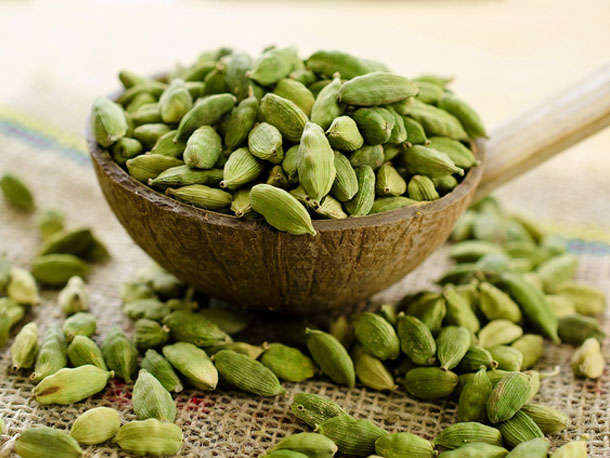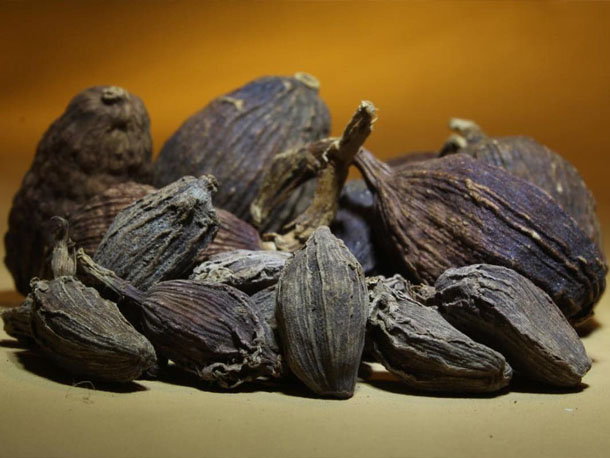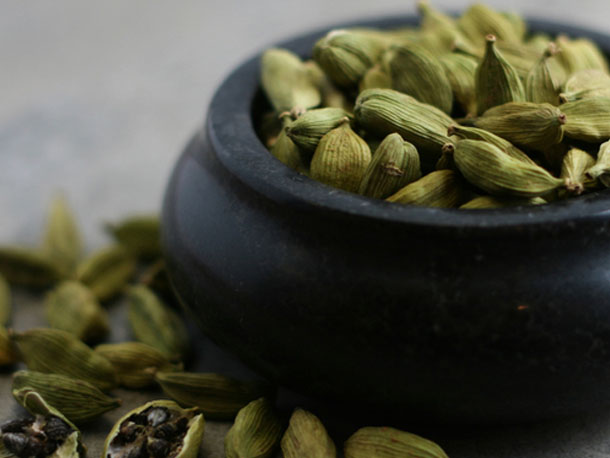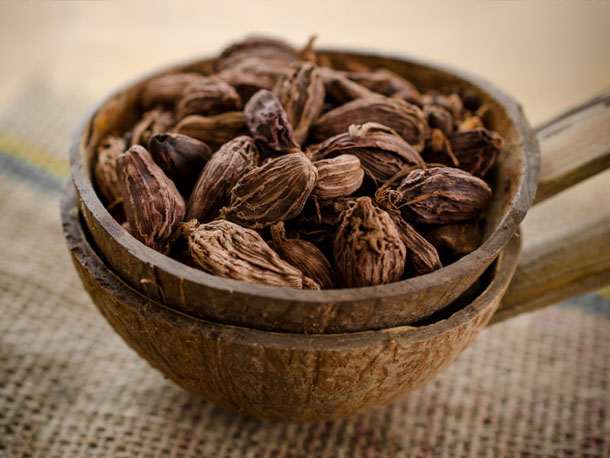Global warming aids Indian cardamom

SCIENTISTS in India are convinced that the country’s cardamom yields have benefited from the effects of global warming in recent years.
According to a scientific study in the Journal of Climatic Change, the increase in temperature in the aptly-named Cardamom Hills area has resulted in a significant advance in cardamom yield.
The Cardamom Hills are part of the southern western Ghat located in southeast Kerala and southwest Tamil Nadu in south India. The hills earn their name from the large volumes of cardamom grown there, although pepper and coffee are also cultivated in the area.
A team of scientists from a number of research institutes analysed the climate and crop yield data from the Cardamom Hills over a period of 17 years. They investigated whether there were any major changes in weather elements and if these have a significant impact on the production of cardamom, black pepper, coffee and tea.
The experts found that the increase in the minimum temperature at night was more than the increase in the maximum temperature at day, keeping the hills warm throughout. They discovered that this had significantly increased the crop yield in cardamom. For examples, yields have surged to 300 kg per hectare in 2007 from 136 kg per hectare in 1994 and 84 kg a hectare in 1990.





